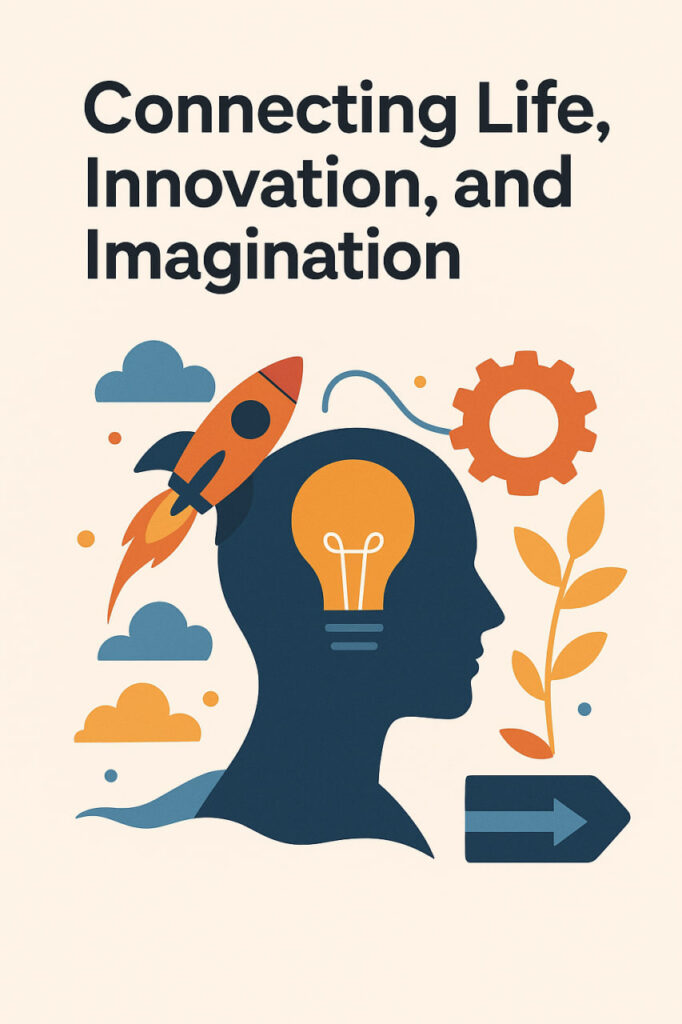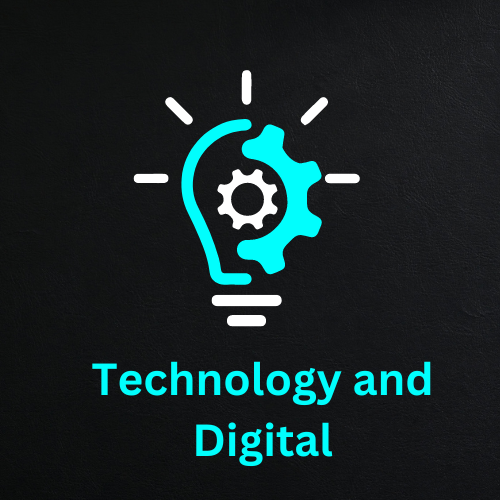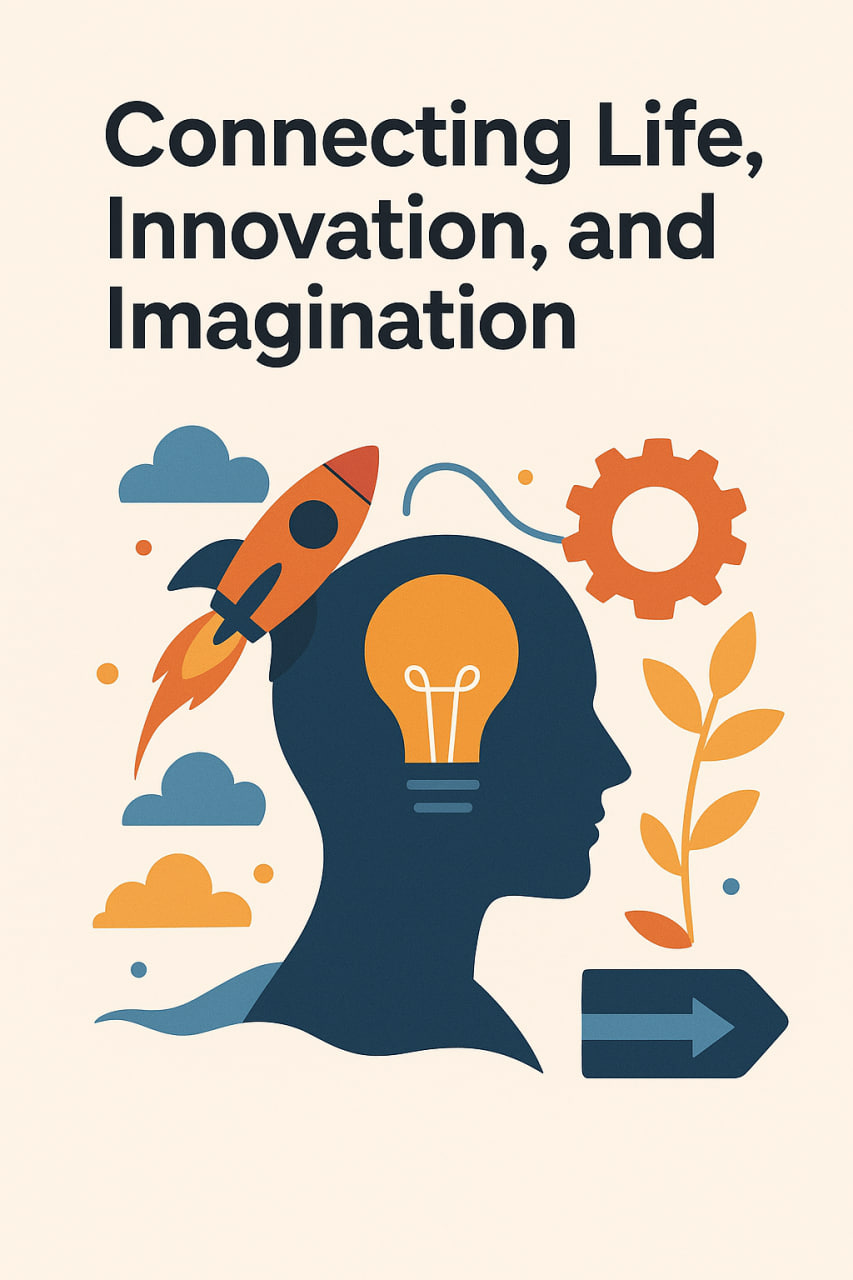Connecting Life, Innovation, and Imagination

Technology has become the silent rhythm beneath everyday life. In 2025, it weaves into every moment, shaping how people work, communicate, and dream. From AI that anticipates needs to smart devices that harmonize routines, technology transforms ordinary experiences into moments of wonder and possibility.
🌐 Artificial Intelligence: Beyond Automation
Artificial Intelligence has evolved into a companion for decision-making, creativity, and learning. In education, AI adapts lessons to individual students’ pace, providing personalized support. Healthcare systems predict patient risks, allowing preventative interventions that save lives. AI-powered tools now craft art, compose music, and assist in problem-solving across industries.
Practical Tip: Beginners can start with AI-based productivity apps, such as smart calendars or automated reminders, to gradually explore its potential.
AI carries responsibility alongside capability. Transparent, ethical use ensures technology enhances human decision-making without replacing it, fostering trust and meaningful innovation.
📱 Hyper-Connected Devices: Seamless Living
The Internet of Things (IoT) has matured into a network of interconnected devices. Wearables monitor health metrics, smart homes adjust to routines, and appliances communicate to streamline tasks. Daily life becomes a flowing choreography of convenience and efficiency.
Practical Tip: Begin with a single smart ecosystem, such as lighting or climate control, and expand gradually to create a cohesive, connected home environment.
Imagine waking to soft morning light from automated blinds, coffee brewing just in time, and notifications curated for the day ahead. Technology orchestrates life’s rhythm, turning routine into an almost poetic sequence of effortless moments.
💡 Sustainable Technology: Progress with Purpose
Environmental consciousness has reshaped technological innovation. Solar-powered systems, energy-efficient appliances, and eco-conscious materials reflect a commitment to sustainable progress. Electric vehicles charge intelligently, and smart homes conserve energy, reducing carbon footprints.
Practical Tip: Incorporate sustainable technologies, such as solar chargers or energy-efficient devices, to benefit practically while supporting the environment.
Technology in 2025 demonstrates that innovation can carry ethical responsibility. Every advancement not only enhances convenience but contributes to the health of the planet, blending ambition with stewardship.
🌍 Digital Collaboration and the Metaverse
Immersive digital platforms are transforming collaboration and learning. Virtual reality (VR) and augmented reality (AR) allow global teams to interact as if sharing the same physical space. Designers, educators, and professionals innovate, teach, and connect in shared virtual worlds, merging creativity with efficiency.
Practical Tip: Start with AR or VR tools for small projects to explore their potential without disrupting existing workflows.
Virtual collaboration spaces foster meaningful connections, spark creativity, and make distance feel tangible, turning remote interaction into an engaging, inspiring experience.
📊 Data and Insights: Navigating Complexity
Data illuminates patterns, behavior, and trends, revealing opportunities in complexity. Machine learning and predictive analytics convert raw information into actionable insights. Businesses forecast markets, healthcare systems anticipate patient needs, and individuals make informed decisions in their daily lives.
Practical Tip: Use simple analytics tools first to identify trends, then expand into predictive models for deeper insight and foresight.
Data is more than numbers—it reflects human behavior, societal shifts, and possibilities. Thoughtful application turns complexity into clarity, empowering smarter decisions and shaping the future with insight.
✨ The Human Side of Technology
Ultimately, the true power of technology lies in its impact on people. It connects communities, inspires creativity, and simplifies life while offering responsibilities. Balanced integration respects ethics, sustainability, and human needs alongside efficiency and innovation.
From AI’s intelligence to IoT’s seamless connectivity, sustainable innovation, immersive collaboration, and data-driven insight, technology in 2025 acts as both guide and partner. It amplifies imagination, enriches efficiency, and transforms everyday life into an interconnected tapestry of meaningful experiences.
How is technology shaping your life today? Which innovations have transformed your routines, work, or learning? Explore, adapt, and share insights—each experience contributes to humanity’s collective understanding of navigating a rapidly evolving digital landscape.




